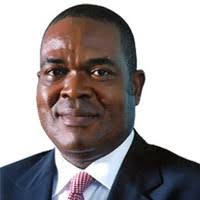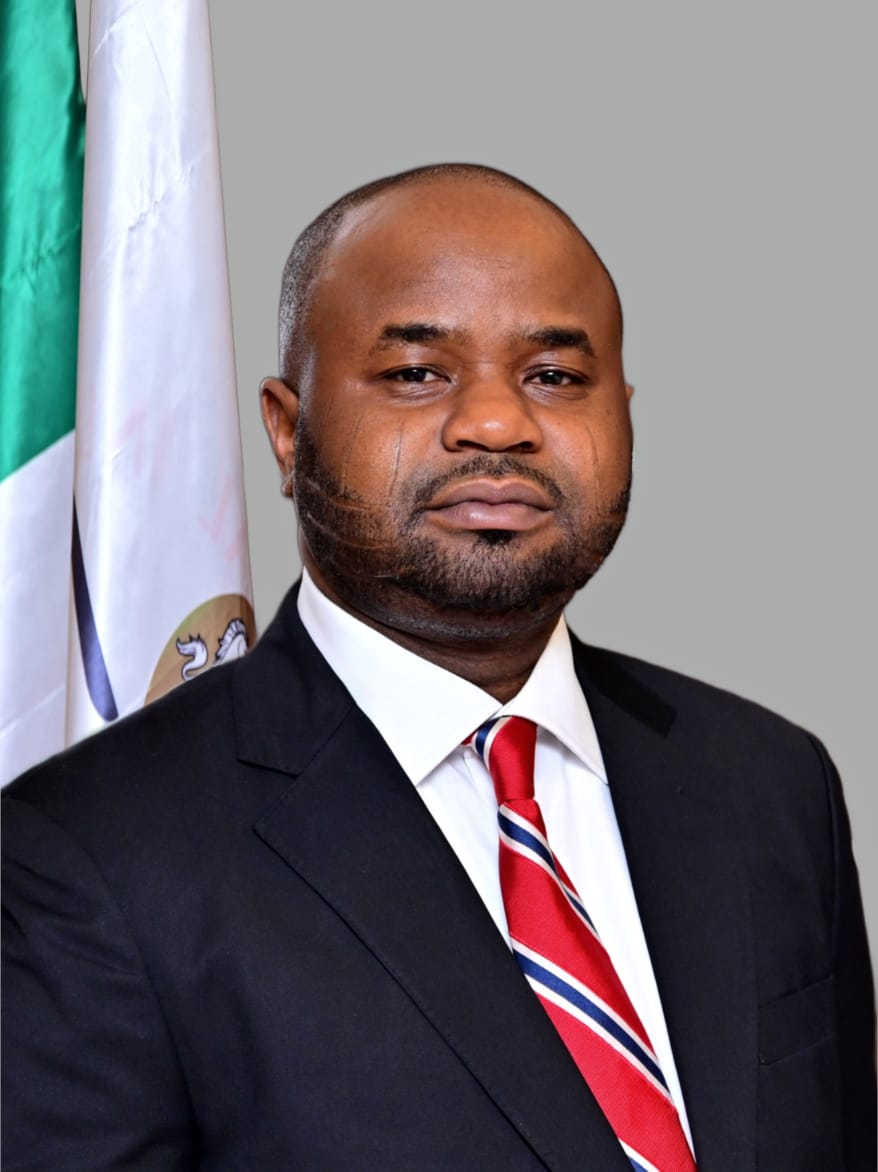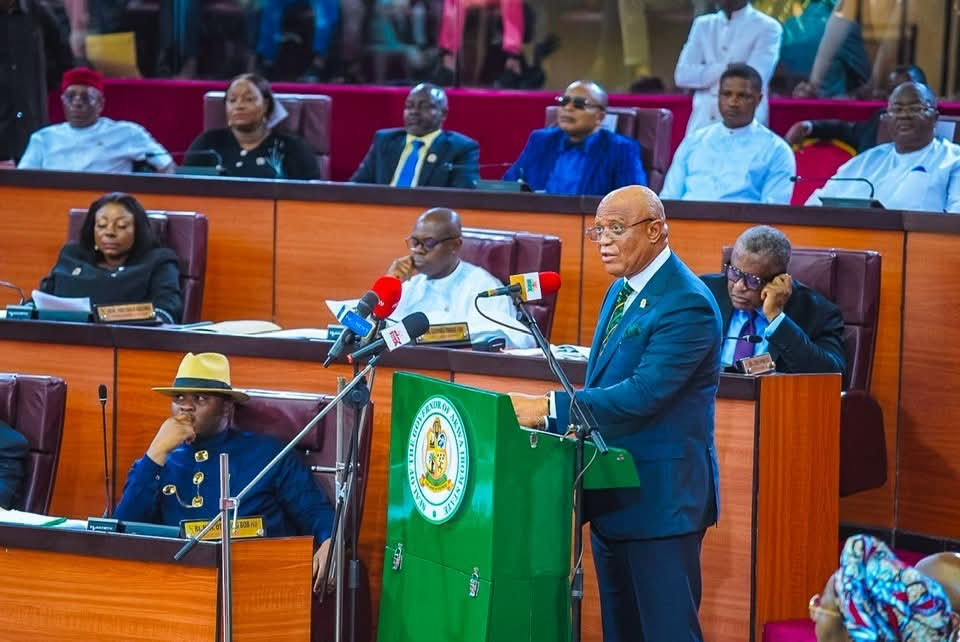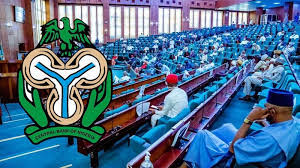By Marcel Okeke
The number and variety of taxes proposed, or already imposed by the President Bola Ahmed Tinubu administration in its 30-month of existence have begun to generate a lot of confusion and anxiety in the polity. This is even as the four new tax laws approved by the National Assembly earlier in the year are to come into effect on January 1, 2026.These new laws include the Nigeria Tax Act (NTA), the Nigeria Tax Administration Act (NTAA), the Nigeria Revenue Service Act (NRSA), and the Joint Revenue Board (Establishment) Act (JRBEA). President Tinubu signed these four new laws on June 26, 2025. While these laws are yet to come into effect, several other taxes, tariffs, duties and levies are being brought into effect via Presidential Orders. These are in addition to numerous charges either being hiked or freshly imposed by practically all ministries, departments and agencies (MDAs) of the Federal Government.The latest of such taxes by Presidential Order was a 15 per cent import duty on petrol and diesel, scheduled to take effect in December 2025. The tariff, according to the Federal Government, was designed to raise the cost of fuel imports, and in turn, cut down Nigeria’s dependence on foreign supply in favor of domestic output, especially from the Dangote Refinery.
But this ill-digested and unwarranted tax policy drew the ire and condemnation of virtually all the stakeholders in the mid-to-downstream segments of the oil and gas sector in Nigeria. Most of the critics insist that the new tax was bound to result in further increases in the (pump) prices of the refined petroleum products, especially Premium Motor Spirit (PMS). This, in turn, would drive up transportation costs, as well as feed into the prices of all other goods and services.
This scenario would obviously redound to upward trend in inflation, an incubus that both the monetary and fiscal authorities have been ‘fighting’ via economic reform initiatives in the past two years. So, why impose import tax on PMS, when the pains and sufferings unleashed upon the citizenry by fuel subsidy removal are yet to abate? But in what has become the trademark of the Tinubu administration, the Federal Government in a volte-face, ‘suspended’ the fuel import tax, citing concerns over potential fuel shortages and price hikes the tariff could cause during the year-end and Yuletide activities. The Nigerian Midstream and Downstream Petroleum Regulatory Authority (NMDPRA) said in a statement that “the levy will no longer be implemented.”
NMDPRA explained that there is a stable domestic supply of petroleum products, including AGO, PMS and LPG, sourced from both local refineries and importation. The agency stated that ongoing replenishment of stocks at depots and retail stations would continue to support the country’s energy demand.
Howbeit, the 15 per cent fuel import levy reversal or ‘suspension’ is in sync with the policy somersaults style of the President Tinubu administration: a trick or strategy it has applied ad nauseam. Only recently, the Nigeria Customs Service (NCS) had to ‘suspend’ the four per cent Free-on-Board (FOB) levy on imports which it imposed earlier in the year. NCS said the ‘suspension’ was to give it time to “further engage with stakeholders while ensuring proper alignment with its enabling Act, for sustainable funding of its modernization initiatives.”
Businesses had raised concerns that the levy would increase costs, fuel inflation, and harm the country’s trade competitiveness. The Manufacturers Association of Nigeria (MAN) had, on its part, warned that the levy would cause heavy disruption in the supply chain, trigger raw materials stock-out in many manufacturing concerns, and worsen the competitiveness of Nigerian manufacturers.
Yet in line with its policy flip-flop, the Tinubu administration has also ‘suspended’ the digital banking levy, also known as the Cybersecurity Levy, which it has imposed on electronic banking transactions. The levy had attracted widespread public condemnation and outcry about the potential impact (of the levy) on the economy.The levy, which was set to charge 0.5 per cent of the value of electronic transfers, according to the Federal Government, was intended to fund cybersecurity enhancement in the country. On the other hand however, critics argue that the levy would act as a counterpoise to ‘cashless economy’ and ‘financial inclusion’ drive of Nigeria. In other words, the levy could stifle digital banking, etc.
As these fresh levies and/or charges are being introduced (and ‘suspended’) in the financial services sector, so are they also being applied in the aviation, transportation, energy, social services, and all other sectors. For instance, effective September 1, 2025, cost of Nigerian international passports was hiked from N50,000 to N100,000 for a 32-page, 5-year validity passport; and from N100,000 to N200,000 for a 64-page, ten-year validity passport.
On its part, the Nigerian Civil Aviation Authority (NCAA) has introduced a new US$11.50 security levy for all international passengers (in-bound and out-bound), effective December 1, 2025. According to NCAA, this charge would be added to the existing US$20 security charge, raising the total security fee to US$31.50 per ticket. Although the new levy has raised a lot of dusts in the aviation circles, NCAA remains hell-bent on implementing it.
In a similar vein, the Nigerian Ports Authority (NPA) early in the year, raised its tariffs by 15 per cent: a move that has been met with stiff opposition from some businesses and stakeholders. According to the affected businesses, the hiked tariffs are bound to increase cost of doing business—with potential impact on inflation. Some worry the increase could negatively impact the competitiveness of Nigerian ports in the global market.As the ‘dreaded’ January 1, 2026 is fast approaching, the Federal Government is still spreading its dragnet to tax all manner of incomes, including hitherto overlooked earnings. Thus, for the first time, the Government plans to impose a 10 per cent withholding tax (WHT) on investments in short-dated fixed-income securities. According to new guidelines issued by the Federal Inland Revenue Services (FIRS), effective January 2026, WHT will begin to apply to interest earned on short-term investment instruments, marking a major shift in the tax treatment of popular fixed-income products. This means that hitherto tax-exempt earnings from investments in Treasury Bills, corporate bonds, bills of exchange, and promissory notes will now be subject to a 10 per cent WHT.This new tax which is literally being forced down the throat of all market participants in Nigeria’s capital market, is widely seen by critics as capable of stifling the growth and expansion of the market. The new WHT, according analysts, is very likely to cause many investors to restructure their portfolios, as they cash-out from the short-dated fixed-income securities.
Already, the WHT proposal has begun to negatively hit Nigeria’s stock market, which suffered one of its most turbulent trading weeks in years (between November 3-10), as the scheduled capital gains tax sent investors rushing for the exit. This reaction wiped away about N1.4 trillion in market capitalization before a partial recovery thereafter. In the face of all these tax initiatives, the Federal Government literally remains mute about the making of the 2026 national budget, the law that is expected to make definitive statements about new revenue drive. This leaves businesses and the citizenry only with a wide room for speculations and conjectures about the nature and focus of the fiscal trajectory of the Government in 2026 and beyond. The only certainty is tax…tax…and more tax!

The author, Okeke, a practicing Economist, Business Strategist, Sustainability expert and ex-Chief Economist of Zenith Bank Plc, lives in Lekki, Lagos. He can be reached via: obioraokeke2000@yahoo.com (08033075697) SMS only




